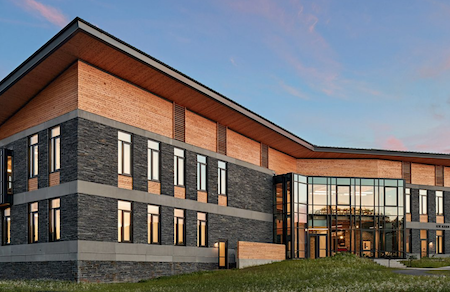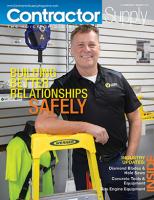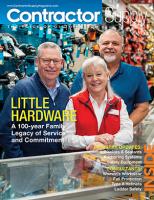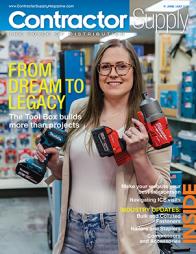Hampshire College and NESEA offer free webinar on sustainable buildings
Webinar is set for April 22, 2020 from 5-6:30 p.m.
 The R.W. Kern Center at Hampshire College and the Northeast Sustainable Energy Association (NESEA) are hosting a free interactive webinar in honor of the 50th anniversary of Earth Day.
The R.W. Kern Center at Hampshire College and the Northeast Sustainable Energy Association (NESEA) are hosting a free interactive webinar in honor of the 50th anniversary of Earth Day.
The virtual event, Carbon Drawdown Now! Building to Combat the Climate Crisis, is about embodied carbon in buildings, and the role buildings play in climate change.
The webinar on April 22, 2020, from 5-6:30 p.m. will cover the major carbon emissions associated with buildings, how we can help lower these emissions (or even take them negative), and how carbon-smart building can advance climate justice.
The R.W. Kern Center is a certified Living Building at Hampshire College in Amherst, Mass., that operates net-zero energy, water, and waste, and was built without Red List chemicals in construction and materials to help protect the health of workers. One of only 30 certified living buildings worldwide, the Kern Center doubles as an educational lab for the study of its advanced green systems and performance. Also celebrating its 50th anniversary this year, Hampshire College is a leader in environmental sustainability in higher education and was the first college to divest from fossil fuels. Its campus features 19 acres of campus solar array fields and operates 100% renewable energy for electricity.
Buildings account for a whopping 39% of global greenhouse gas emissions. Environmental advocates and green builders have long focused on energy efficiency and reduced fossil-fuel consumption as the most important strategies for sustainable building. But nearly a third of these emissions are from the energy used during construction and in producing building materials—embodied emissions.
But we have the power to build differently. Some materials are carbon storing, meaning they pull carbon from the atmosphere and lock it away in their physical structure. This Carbon Drawdown Now! webinar shares the theory and technology behind carbon-storing building materials, the innovative materials available now, and the global potential for carbon storage in buildings. These strategies can advance climate justice and solutions to social, ecological, and economic problems. The R.W. Kern Center and NESEA have partnered on offering this webinar for anyone interested in how buildings can become part of positive climate action.
The Northeast Sustainable Energy Association is a non-profit with a mission to advance the adoption of sustainable energy practices in the built environment by cultivating a community where practitioners share, collaborate and learn.
All are invited to participate from home: high school and college students, parents and their children, climate activists (and their roommates). This topic may be of particular professional interest to designers, builders, policymakers, and others who have great power to help make better buildings for the climate.
Learn more and register for the webinar here.
The event features Ace McArleton and Jacob Deva Racusin of Vermont-based New Frameworks Design & Build, a worker-owned natural building cooperative. Ace and Jacob presented on this topic with Chris Magwood at NESEA’s BuildingEnergy Boston 2019. They are experts at making complex content accessible and they’ll share concrete actions anyone can take to reduce embodied carbon emissions in their buildings and lives.














